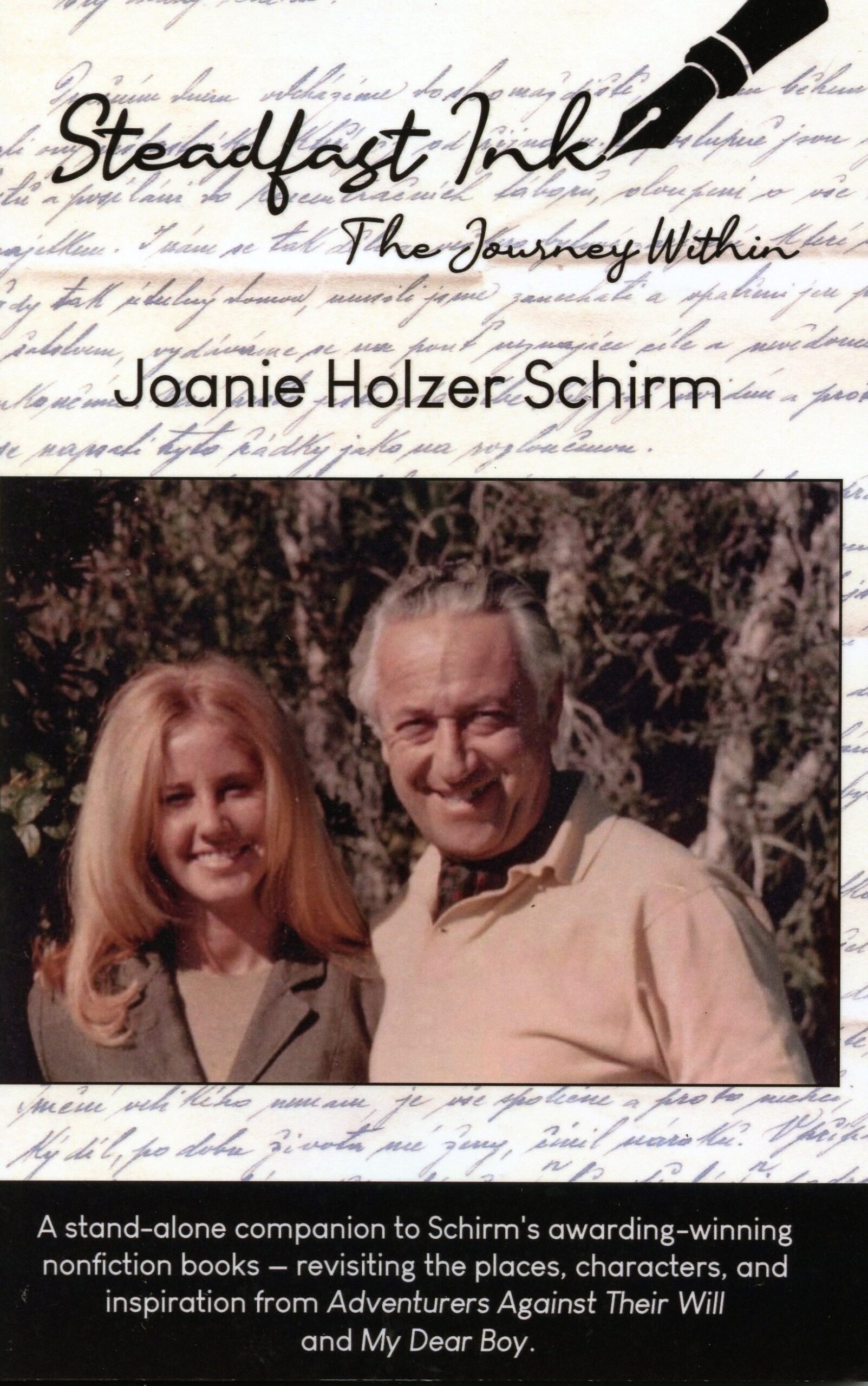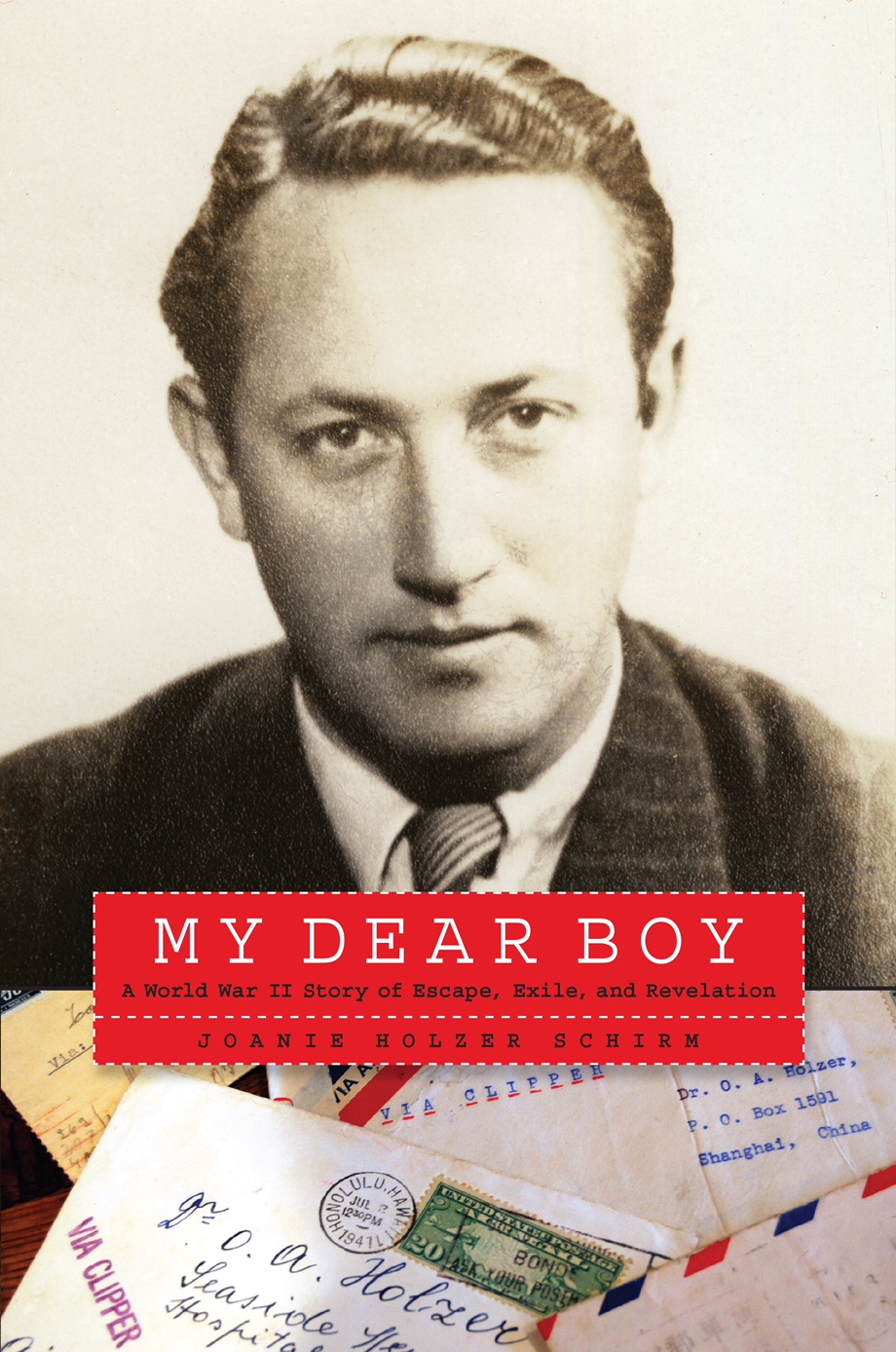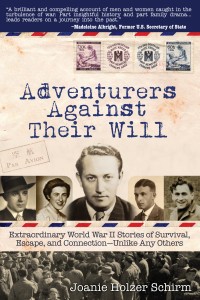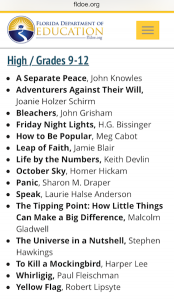“Building Peace in the Minds of Men and Women”…UNESCO – International Holocaust Remembrance Day
It wasn’t until I was in my 50’s that I learned there was an International Day of Commemoration in Memory of the Victims of the Holocaust, now commonly known as International Holocaust Remembrance Day. The day was created in 2005 by the United Nations long after the knowledge of the horrendous atrocities at the Nazi concentration and extermination of Auschwitz-Birkenau; viewed first by the liberators on 27 January 1945.
Forty-two of the forty-four relatives of my Czech Jewish father, Dr. O. A. Holzer, were murdered there only because they were Jewish. Two more, my grandparents, Arnost and Olga Holzer, weren’t sent to Auschwitz. Instead in April 1942, they were first taken to Terezin. One month later in late May 1942, according to experts they were most likely sent on with a trainload of Bohemian Jews from Terezin to the just-finished Sobibor Death Camp, where they immediately were killed.
From the website of the United Nations Educational, Scientific and Cultural Organization (UNESCO).
“Every year around 27 January, UNESCO pays tribute to the memory of the victims of the Holocaust and reaffirms its unwavering commitment to counter antisemitism, racism, and other forms of intolerance that may lead to group-targeted violence. The date marks the anniversary of the liberation of the Nazi Concentration and Extermination Camp of Auschwitz-Birkenau by Soviet troops on 27 January 1945. It was officially proclaimed, in November 2005(link is external), International Day of Commemoration in Memory of the Victims of the Holocaust by the United Nations General Assembly.
The Holocaust profoundly affected countries in which Nazi crimes were perpetrated, with universal implications and consequences in many other parts of the world. Member States share a collective responsibility for addressing the residual trauma, maintaining effective remembrance policies, caring for historic sites, and promoting education, documentation, and research, more than seven decades after the genocide. This responsibility entails educating about the causes, consequences, and dynamics of such crimes so as to strengthen the resilience of young people against ideologies of hatred. As genocide and atrocity crimes keep occurring across several regions, and as we are witnessing a global rise of antisemitism and hate speech, this has never been so relevant.
Education can play a key role in preventing genocide by providing a forum to address past violence while promoting the knowledge, skills, values, and attitudes that can help prevent current day group-targeted violence.
The International Holocaust Remembrance Day emphasizes the historical significance of the Holocaust and outlines the importance of teaching this event as a contribution to the prevention of genocide and atrocity crimes. Other resolutions of the United Nations, such as United Nations Security Council Resolution 2150 (2014) on “Recommitment to fight against genocide” or Human Rights Council Resolution A/HRC/28/L.25 (2015) on the prevention of genocide, highlight the importance of education as a means to raise awareness about the causes, dynamics and consequences of atrocity crimes.
Education about the Holocaust and genocide is part of the Organization’s efforts to promote Global Citizenship Education (GCED), a priority of the Education 2030 Agenda. In this context, UNESCO supports education stakeholders in their efforts to help learners become critical thinkers, responsible and active global citizens who value human dignity and respect for all, reject antisemitism, racism, and other forms of prejudice that can lead to violence and genocide.”
We must remember to protect the facts or soon people will forget the truths of what led to the violent hatred of the Holocaust and other atrocities. We must never forget to act to stop hatred in its tracks when telltale signs indicate the future is starting to resemble this past history.
Joanie Holzer Schirm
Author: Adventurers Against Their Will; My Dear Boy; Steadfast Ink
joanie@joanieschirm.com




